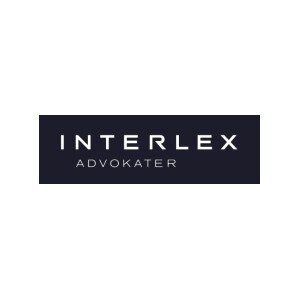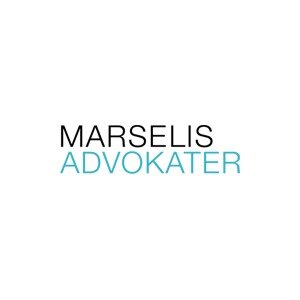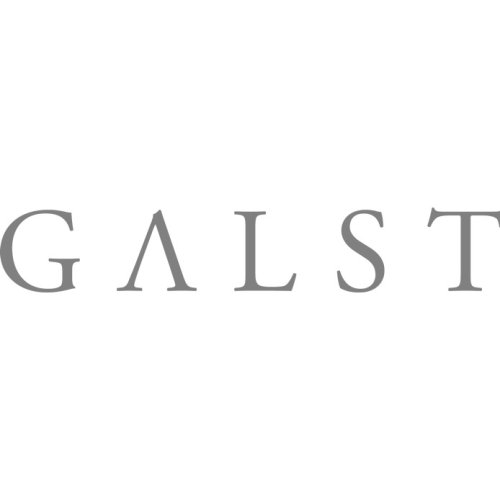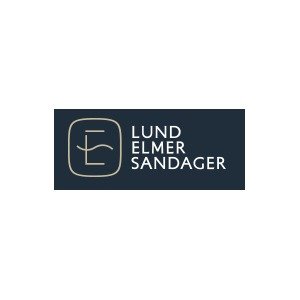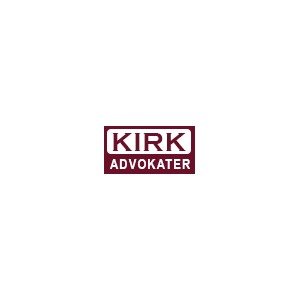Best Public-Private Partnerships (PPP) Lawyers in Denmark
Share your needs with us, get contacted by law firms.
Free. Takes 2 min.
Or refine your search by selecting a city:
List of the best lawyers in Denmark
About Public-Private Partnerships (PPP) Law in Denmark
Public-Private Partnerships, commonly known as PPPs, refer to long-term cooperative agreements between public authorities and private sector companies for delivering infrastructure projects or public services. In Denmark, PPPs are primarily used in sectors such as transportation, healthcare infrastructure, schools, energy, and housing. The Danish government encourages PPPs to combine the strengths of the public sector’s oversight and the private sector’s innovation and efficiency. While not governed by a single comprehensive law, PPPs in Denmark must comply with a combination of EU procurement directives, national laws, and specific project requirements.
Why You May Need a Lawyer
Legal advice is essential when entering, negotiating, or managing a Public-Private Partnership in Denmark. You might need a lawyer if you are:
- A private company looking to participate in a Danish PPP tender
- A public authority structuring or managing a PPP project
- Facing a contract dispute or legal challenge related to a PPP
- Unsure about compliance with Danish or EU procurement laws
- Concerned with risk allocation, financing agreements, or intellectual property rights within a PPP
An experienced lawyer can help ensure that legal risks are managed, contracts are fair, and the interests of all parties are safeguarded throughout the project lifecycle.
Local Laws Overview
PPPs in Denmark are shaped by a flexible legal framework, reflecting both European Union and domestic Danish regulations:
- EU Procurement Directives: Most PPPs fall under EU public procurement rules, which ensure competitive and transparent tendering processes.
- Danish Public Procurement Act: This law incorporates EU directives and governs how public authorities must conduct tenders and work with private partners.
- Sector-Specific Regulations: Some sectors, such as transport or health, may have additional rules affecting PPP design and execution.
- Contract Law: Danish contract principles apply to PPP agreements, with specific attention to risk sharing, dispute resolution, and performance clauses.
- State Aid Rules: Public support to private partners must comply with EU and national restrictions to ensure fair competition.
Understanding how these legal layers interact is crucial for shaping a lawful and successful PPP project.
Frequently Asked Questions
What is a Public-Private Partnership (PPP) in Denmark?
A PPP in Denmark is a formal collaboration between a public authority and a private business to finance, build, and operate infrastructure or deliver public services. Both parties share risks and rewards.
Are there specific PPP laws in Denmark?
No single law governs PPPs in Denmark. Instead, PPPs are governed by public procurement laws, EU directives, contract law, and sector-specific regulations.
What types of projects use PPP models in Denmark?
Common PPP projects include hospitals, schools, roads, bridges, renewable energy facilities, and public housing.
How are private companies selected for PPP projects?
Private partners are usually chosen through a competitive public procurement process, as required by Danish and EU law, to ensure transparency and value for money.
What are the main risks for private partners in Danish PPPs?
Risks include construction and operational challenges, financing, regulatory changes, and payment or performance disputes.
Do PPP contracts require government guarantees?
Not always, but in some cases, the public authority may offer guarantees to make the project more attractive or bankable for private investors.
How are disputes resolved in Danish PPPs?
Most PPP contracts specify dispute resolution procedures, which can include negotiation, mediation, arbitration, or litigation before Danish courts.
Can foreign companies participate in Danish PPPs?
Yes, foreign businesses can bid for and participate in PPP projects in Denmark, provided they meet qualification criteria outlined in the tender documents.
What are the key stages of a PPP project in Denmark?
Typical stages include project identification, feasibility analysis, tendering, contract negotiation, financing, construction, operation, and handback to the public authority.
How long do typical PPP projects last in Denmark?
PPP contract terms can range from 10 to 30 years or more, depending on the type and scale of the project.
Additional Resources
Several bodies and organizations can offer guidance and regulatory information for PPPs in Denmark:
- The Danish Competition and Consumer Authority (Konkurrence- og Forbrugerstyrelsen): Supervises public procurement and advises on competition law compliance.
- The Ministry of Transport: Provides information on PPPs in the transport sector.
- The Ministry of Finance: Publishes guides on PPP structures and best practices.
- The European PPP Expertise Centre (EPEC): Shares European-level guidance and case studies relevant to Denmark.
- Local law firms with expertise in construction and public law: Many have resources and publications about PPP trends in Denmark.
Next Steps
If you are considering involvement in a PPP project in Denmark, taking the following steps is recommended:
- Research the specific legal and regulatory requirements relevant to your sector and project type.
- Consult with a Danish lawyer who specializes in public procurement, contract law, and PPP projects for personalized advice.
- Prepare all necessary documentation, including financial statements, technical proposals, and compliance certifications.
- Monitor procurement portals and government announcements for upcoming PPP opportunities.
- Seek clarification from public authorities or legal advisors when encountering unfamiliar contract terms or compliance questions.
Early legal guidance can help you avoid costly mistakes, secure project approvals, and build successful long-term public-private collaborations in Denmark.
Lawzana helps you find the best lawyers and law firms in Denmark through a curated and pre-screened list of qualified legal professionals. Our platform offers rankings and detailed profiles of attorneys and law firms, allowing you to compare based on practice areas, including Public-Private Partnerships (PPP), experience, and client feedback.
Each profile includes a description of the firm's areas of practice, client reviews, team members and partners, year of establishment, spoken languages, office locations, contact information, social media presence, and any published articles or resources. Most firms on our platform speak English and are experienced in both local and international legal matters.
Get a quote from top-rated law firms in Denmark — quickly, securely, and without unnecessary hassle.
Disclaimer:
The information provided on this page is for general informational purposes only and does not constitute legal advice. While we strive to ensure the accuracy and relevance of the content, legal information may change over time, and interpretations of the law can vary. You should always consult with a qualified legal professional for advice specific to your situation.
We disclaim all liability for actions taken or not taken based on the content of this page. If you believe any information is incorrect or outdated, please contact us, and we will review and update it where appropriate.
Browse public-private partnerships (ppp) law firms by city in Denmark
Refine your search by selecting a city.




